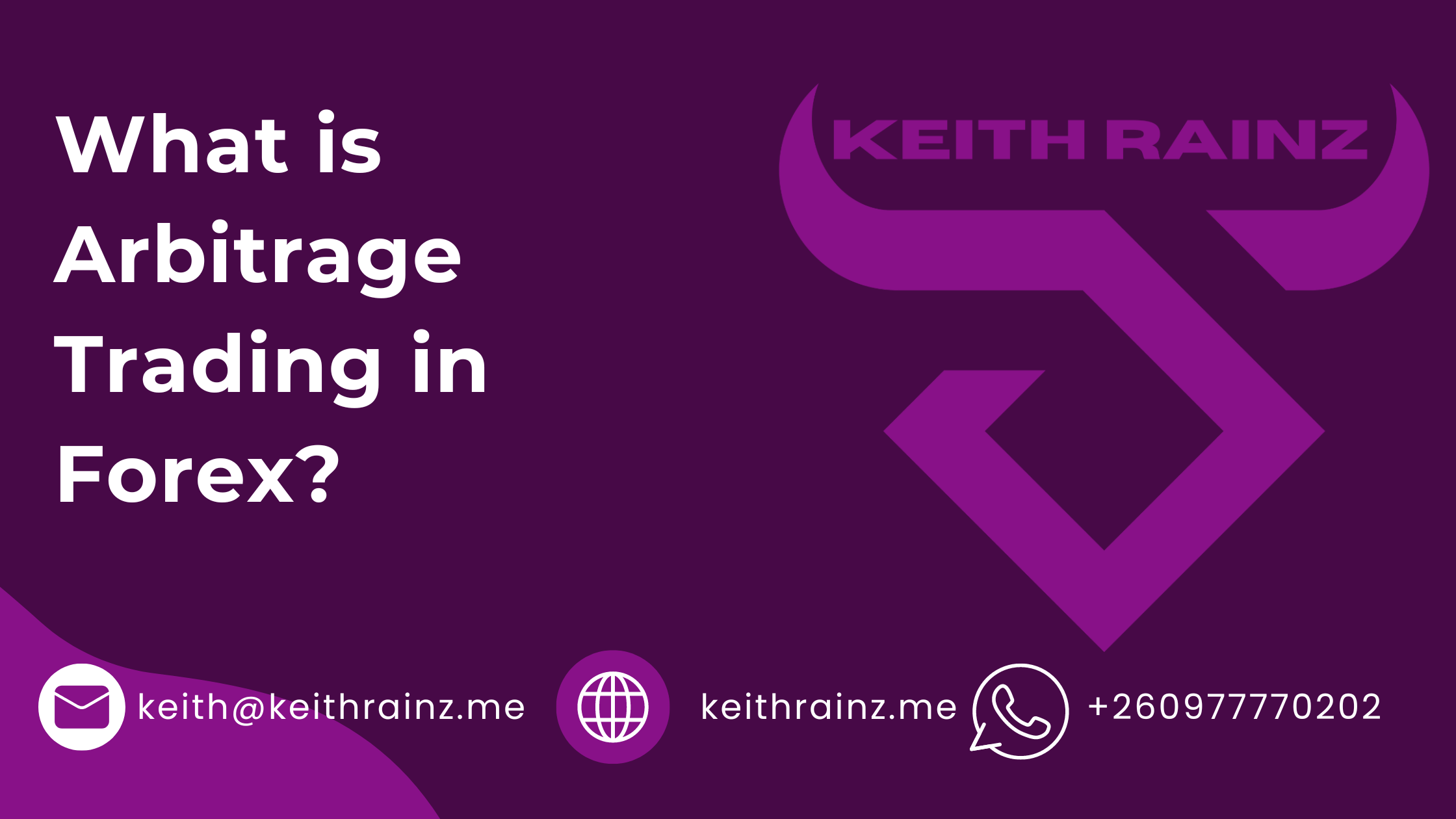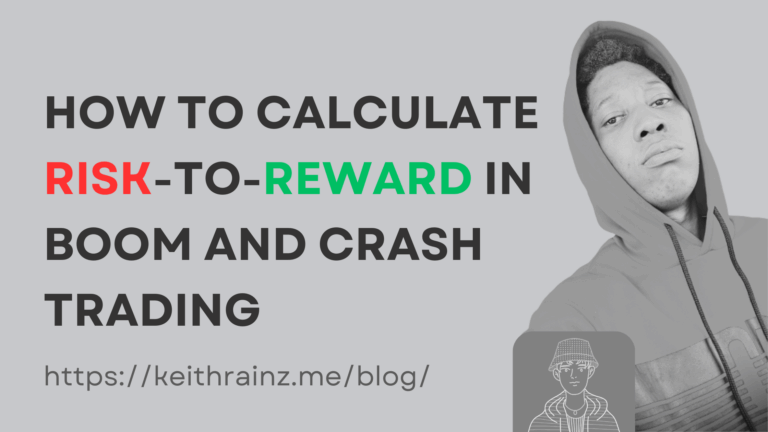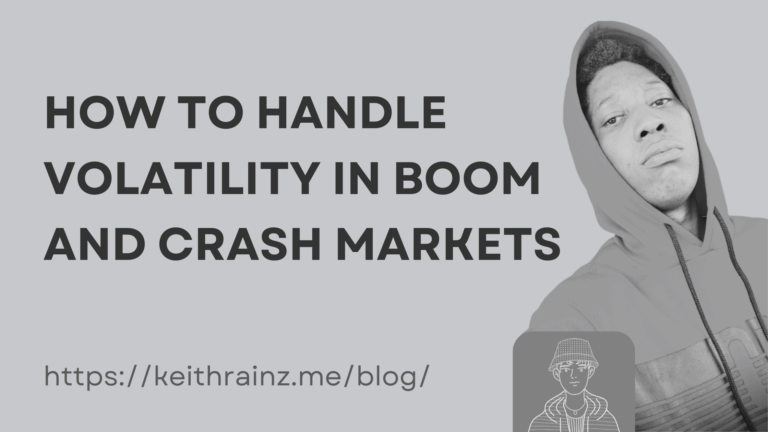Forex arbitrage trading is a risk-free trading strategy that enables individual forex traders to profit without having to deal with exposed foreign exchange markets. The method comprises taking advantage of price inefficiencies while they are still present. To profit from pricing inefficiencies, arbitrage trading in forex comprises buying and selling several currency pairs.
Arbitrage trading in forex is described as “the concurrent buying and sale of the same, or fundamentally equivalent, securities in two independent marketplaces for favourably different prices” by economists Sharpe and Alexander in the 1990s.
Due to the prevalence of forex trading, hundreds of people worldwide adopt arbitrage strategies. The term “arbitrageur” is therefore used to describe someone who engages in arbitrage. Simply explained, an arbitrageur buys assets with lower costs and simultaneously sells assets with higher costs in order to gain money with no net cash flow. Arbitrage trading in the forex market shouldn’t cost money and shouldn’t be dangerous. In reality, most arbitrage attempts incorporate both.
Arbitrage Trading Strategy: What Is It?
Forex traders that engage in arbitrage trading do so in an effort to profit on price disparities between very similar assets. The traders that use this strategy are known as arbitrageurs.
Arbitrageurs make purchases in one market while concurrently making sales in a different, related market of comparable size. They do this in order to gain from the disparities in the two prices.
In the financial markets, essentially the same things occasionally trade in several places or under somewhat different names. For instance, a number of major stock exchanges list some enormous firms.
Arbitrage trading in the forex market is not forbidden. On the contrary, it’s a completely legal trading method that might even be thought of as enhancing market efficiency. This is so that the market can start to self-correct after an arbitrage opportunity has been identified and exploited.
Strategies and techniques for forex arbitrage trading
People typically envision trading strategies and tactics that enable them to make a rapid profit without incurring any risks when they think about price arbitrage trading in forex. In general, however, both trades that take advantage of market inefficiency and produce “immediate” profit, as well as trades that are combined with other components that enable them to produce profit over time, may both be viewed as involving arbitrage.
As was already established, arbitration need not always look the same. In today’s article, we’ve got three arbitration types for you that we think traders will find to be very appealing. Below is a detailed explanation of a few forex arbitrage trading strategies:
Trade in Multi-Pair Arbitrage
The first method of Forex arbitrage trading that, if successful, yields an immediate gain is the swift realisation of a multi-pair transaction. This tactic makes use of the price inefficiency previously discussed, which occurs when the market is unable to quickly “balance” exchange rate discrepancies to an ideal / equilibrium condition.
Arbitrage trading with positive swaps is another popular strategy in the forex market. Almost every trader is aware that when trading, you could experience positive and negative swaps, which take effect if you hold a position overnight.
This type of Forex arbitrage trading comprises buying or selling a specific currency pair in the direction of a positive swap, for example, on an exchange, while simultaneously purchasing a fiat currency in the same volume. Thus, the money from favourable swaps is what constitutes the profit, from which all costs must also be subtracted.
Undervalued and overvalued market arbitrage
This arbitration process is far more challenging than the last one. It requires a large level of market expertise from traders because it is heavily focused on the hunt for business opportunities that result from the relative undervaluation or overvaluation of one of the markets. This suggests that the arbitration in this case is more fundamental than technical and is based on important market data, assessments, and projections.
Forex Triangle Arbitrage
The use of offsetting trades to capitalise on price discrepancies in the forex market is known as forex triangular arbitrage. We must first comprehend the foundations of currency pairs in order to comprehend how to arbitrage FX pairings.
You essentially take two positions when you trade a currency pair: you buy one and you sell the other.
A currency cross is a pair of foreign exchange rates that excludes the US dollar. The exchange rates of the in question currencies relative to the US dollar suggest a notional, or synthetic, value for a cross.
Statistical Forex Arbitrage
Forex statistical arbitrage uses a quantitative method to identify price divergences that are statistically likely to be correct in the future, despite not being pure arbitrage. It accomplishes this by combining a pair of underperforming currency pairings with a pair of overperforming currency pairings. In this basket, the over-performers are shorted, while the under-performers are purchased.
The idea is that over time, the value of each basket will be more or less equal to the mean. With this theory, you’d anticipate that there would be a long-standing connection between the two baskets. As a result, when making the initial picks, the arbitrator must also take this factor into account. You must guarantee that the market is as impartial as possible.
Problems with Forex Arbitrage Trading
A difficulty with the method is how many people use it. The core of arbitrage is price differentials, and arbitrageurs’ actions have an effect on those differentials.
By driving currency exchange prices to change, arbitrage will have an effect on the foreign exchange market. Overpriced instruments will lose value through sales. Purchases will raise the cost of bargain items. As a result, there will be less of a price difference between the two.
It will eventually disappear or contract to the extent that arbitrage is not profitable. In either scenario, the arbitrage possibilities will decrease. Although the massive amount of participants in the Forex market is generally advantageous, it also means that pricing differences will be quickly identified and taken advantage of.
The fastest player wins the game of arbitrage trading in forex as a result. You need the quickest pricing feeds if you want to make money. Considering how crucial execution speed is, choosing the best Forex arbitrage software could provide you a competitive edge. Feel free to experiment with novel and unconventional strategies before you begin trading with real money.
Furthermore, in order to trade strategies like the Forex triangle arbitrage successfully, you’ll almost probably need to use a self-acting trading system like a Forex robot (bot) or an Expert Advisor (EA).
Arbitrage that is locational or risk-free
Economic theory holds that trade on financial markets is constrained by the Efficient Markets Hypothesis. It suggests that markets (or, more significantly, all participants in them) would efficiently and quickly analyse all information available regarding asset values and prices, leaving little to no room for price discrepancies between markets and prices moving quickly toward equilibrium levels.
The Day Trading Risk Management Guide is available here.
Due to the natural tendency for prices to trend toward equilibrium levels across markets, arbitrage traders may find it difficult to identify price discrepancies between marketplaces that allow them to acquire assets at “bargain rates.” Nothing compares to a “free lunch,” as eminent economist Milton Friedman once said.
Challenges of Forex Arbitrage Trading for Retail Traders
Even though EMH is widely accepted, currency arbitrage is favoured by a large portion of the population. The ability to buy and sell many currency pairs at once is often advantageous due to lower risk and monetary outlay for a variety of reasons.
Retail arbitrageurs face a number of challenges. First off, it is feasible to make money utilising the Forex arbitrage trading strategy, but to do so, one needs to be as quick, informed, and connected as possible.
Latency
“A situation of inaction that lasts for a brief amount of time” is the definition of latency. It is a factor that slows down the execution of a strategy, an order, or a deal in active trading.
Trade-related delays significantly affect whether arbitrage trading in forex is successful or unsuccessful. Real-time data latency, platform performance, and decision-making lags make it difficult to enter and leave the market quickly.
Unfortunately, institutional participants like high-frequency traders (HFT) have the advantage in terms of speed. Only FX traders with sufficient capital have access to increased market connections and potent processing power.
Accessibility to Market
In order to take advantage of exchange rate inefficiencies, it is imperative to have access to as many markets as feasible. For retail FX Arbitrage traders, this necessitates having many brokerage accounts in various places. This allows for the buying and selling of various currency combinations at various prices.
Securing a portfolio of trading accounts is a challenging task for the majority of retail traders. It could be resource-intensive to post the required margin money and adhere to local regulations. Take into account the scenario when Broker A provides a higher GBP/USD rate than Broker B. Selling the GBP/USD to Broker A (UK) and purchasing the GBP/USD from Broker B could result in a risk-free arbitrage profit (US).
Information that is unbalanced or asymmetric
All information is reflected in an asset’s market price. This means that all publicly available basic and technical data have been “priced-in” by the market. On the other hand, the issue of asymmetric information persists.
In the field of active trading, asymmetric information is another term for “privileged” or “inside” knowledge. Essentially, it indicates that some parties have access to knowledge about the market while others do not.
Asymmetric information occurs in the foreign exchange market in a variety of ways, including internal central bank discussion, pre-release economic data, and institutional order placement. Asymmetric information has a significant impact on exchange rates.
Negative Spread: A Free Lunch – What Is It?
The efficient markets hypothesis is valid in theory, but FX arbitrage traders have found that this is not the case since buyers and sellers have asymmetrical information. Sometimes it seems like markets are not as efficient as they should be.
Market inefficiency manifests itself, for instance, as a “negative spread,” or when one seller’s offer price is lower than another buyer’s bid price. This may happen, for instance, when one bank offers a certain price for a currency while citing a different price from another bank.
When a situation like this arises, Forex arbitrage trading may result in a quick profit by simultaneously buying from the seller and selling to the buyer. In essence, the trader makes a profit right away, as opposed to waiting for a profitable market trend to emerge.
Although in theory risk-free trading could seem like a great deal, investors should be mindful that losses might actually happen. The most frequently mentioned danger in Forex arbitrage trading is “execution risk.” This is the risk of price slippage or requotes, which can reduce the value of a deal or result in financial loss.
Conclusion
Arbitrage trading in the forex market may be a useful strategy for traders seeking to make quick gains, but it has a considerable risk of financial loss. Since high-frequency trading and trading technology have evolved with online brokers like PrimeFin, true “risk-free” arbitrage trading in forex opportunities has been less common for small investors.
They now have more access to a wider variety of markets, where uneven information and market inefficiencies may still offer opportunities for forex arbitrage trading. It is crucial for arbitrageurs to monitor price levels and keep an eye out for when and where these shifts manifest themselves, regardless of the market they choose to operate in. Trading on margin has a high level of risk because losses can surpass deposited funds.
FAQs Q1. How do multi-currency accounts and Forex arbitrage work together?
Now that some banks permit their customers to open multi-currency accounts, it is conceivable.
Q2. Does the Forex arbitrage trading strategy completely eliminate risk?
Despite the fact that certain websites define Forex arbitrage strategies as risk-free. Although this may not be the most accurate assessment for some traders. The danger is not lessened by using those measures.
How do Hot Money Flows work?
Short-term investments drawn to a nation by its high interest rates are referred to as “hot money flows.”
Q4. What errors do traders frequently make while utilising the arbitrage strategy?
Failure to execute deals on time is a frequent mistake made when using the FX arbitrage method.
Adopting certain statistical arbitrage tactics for day trading can be a costly mistake that causes substantial losses because they are often designed for long-term trades.







